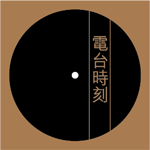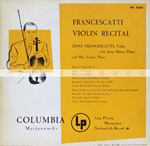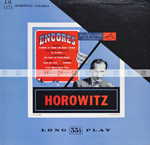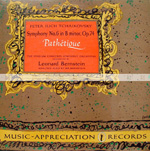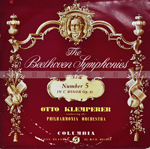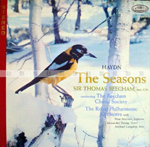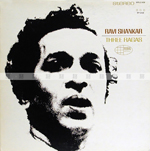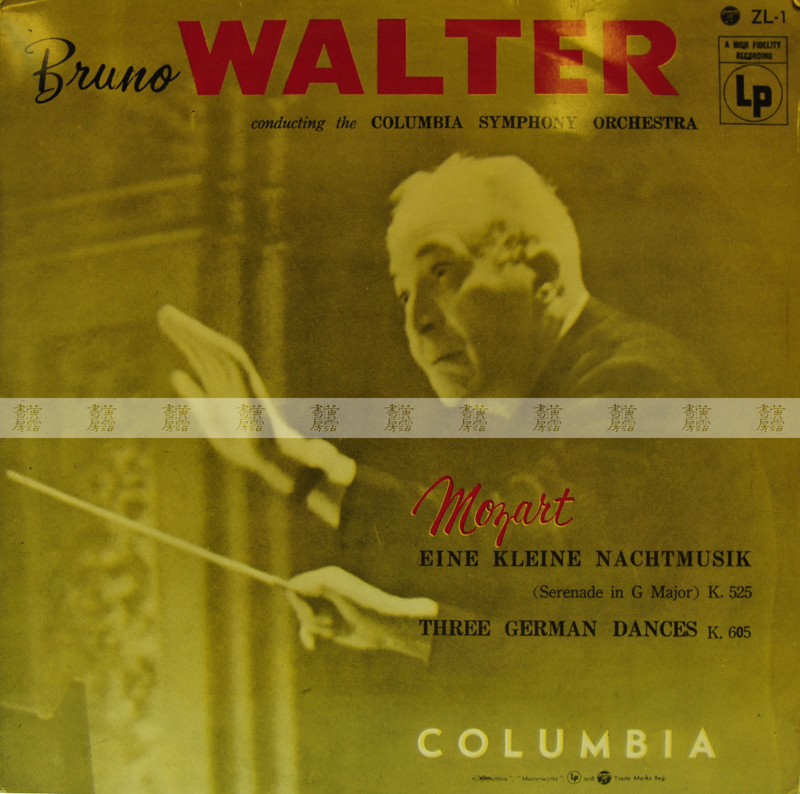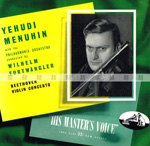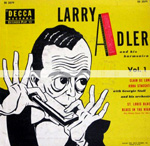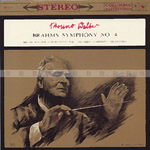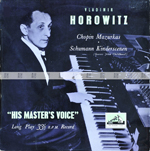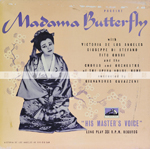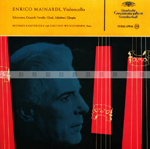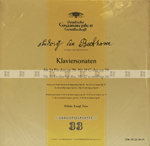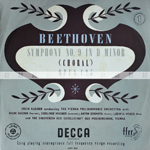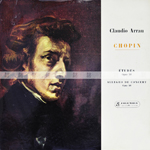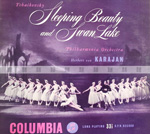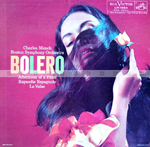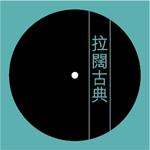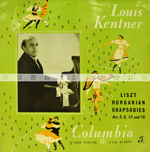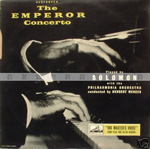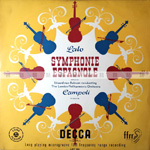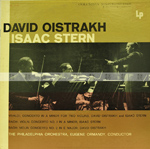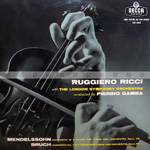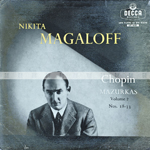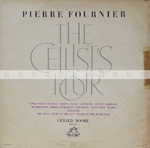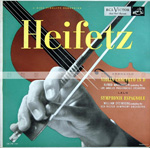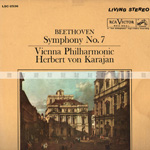Wong Jum-sum loved music of all kinds, and had a particularly deep-seated passion for Western classical music.
In the 1950s, both Wong and classical music were finding their feet in Hong Kong society. The best they could do was to openly embrace the unknown.
To embrace the unknown, one needs support from all directions.
Thanks to Radio Hong Kong, Wong was able to listen to enticing music all day everyday, in that process learning to appreciate simultaneously the distinctive worlds of Shankar and Schubert.
Thanks to Leung Yat-chiu, he knew classical music held no special mystical aura. Whatever sounded good was good music.
Thanks to Wong Jum-sum himself, he learnt to read and absorb the principles and practices of making music, no matter whether they came from Bach or Beethoven.
Thanks to Hong Kong of the 1950s, he encountered a succession of visiting maestros, extending immensely his ideas about music and life.
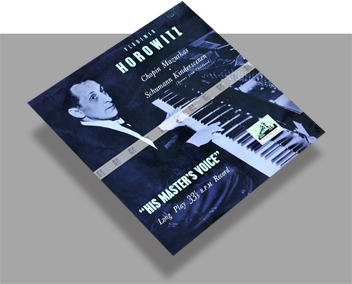
(7. Träumerei) (1950)
The beauty of canned music, if you are not the rights owner, is that one can select the best music and its best-played version for the film soundtrack. Träumerei, with its heart-wrenching melancholy, made its frequent appearance in local films of the 1950s. Today one shudders to think that Schumann, that enigma of romantic music, was actually a routine presence in films for ordinary folks in this seemingly most unromantic place we call Hong Kong.

Composer:
Robert Schumann
Performer:
Vladimir Horowitz (Piano)
